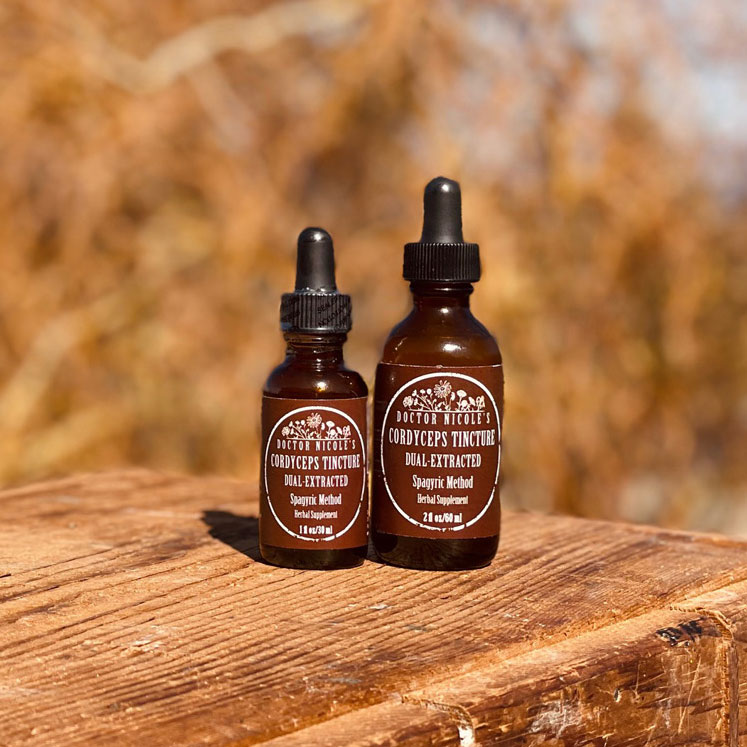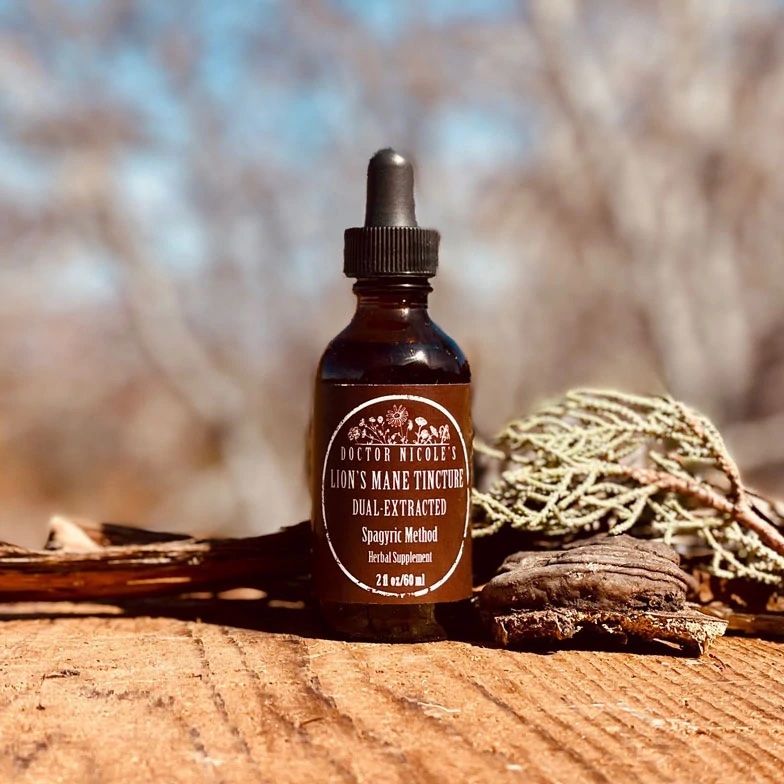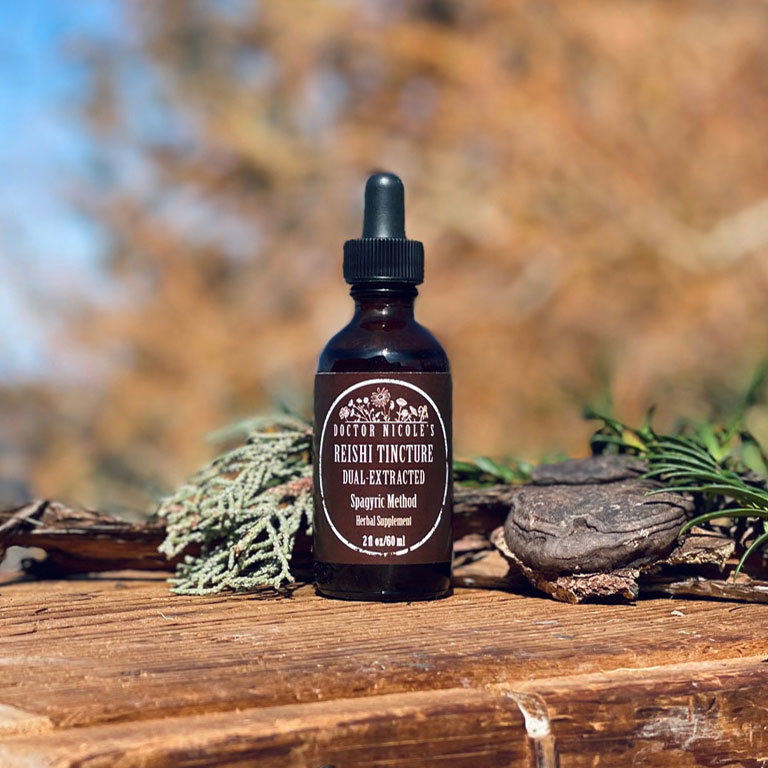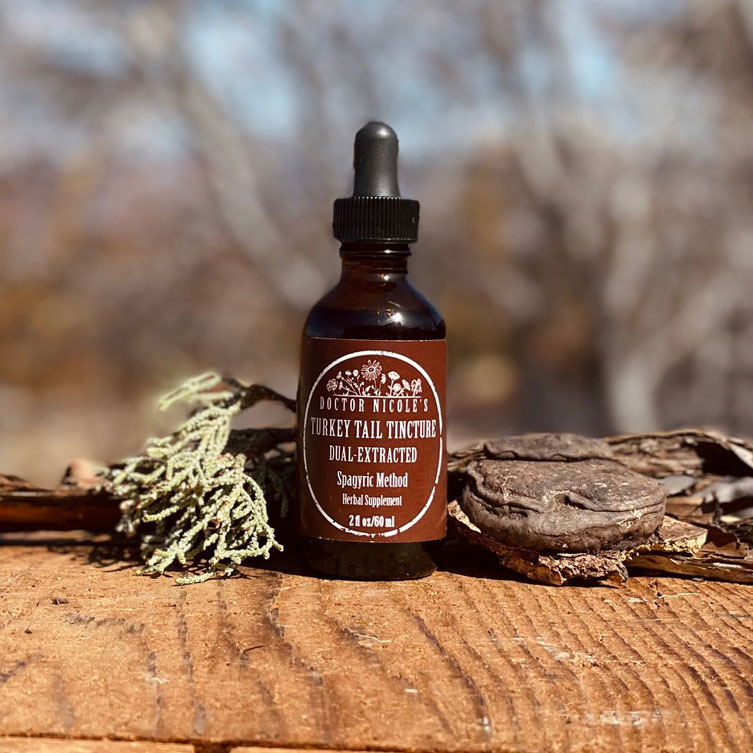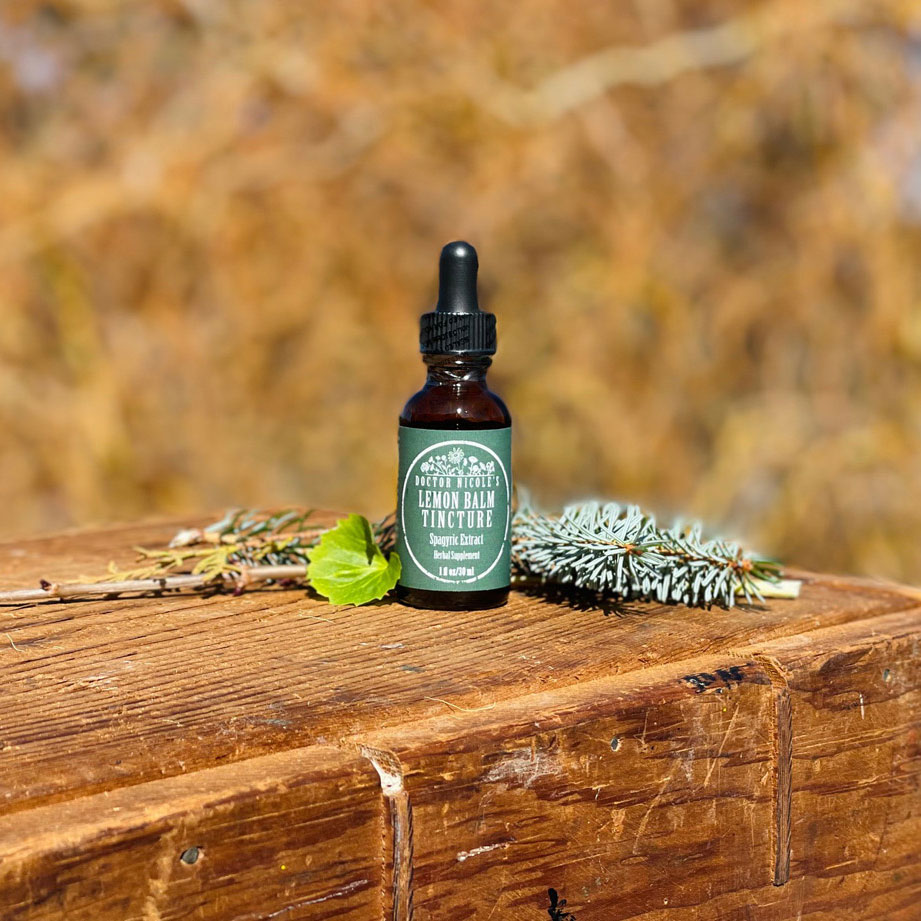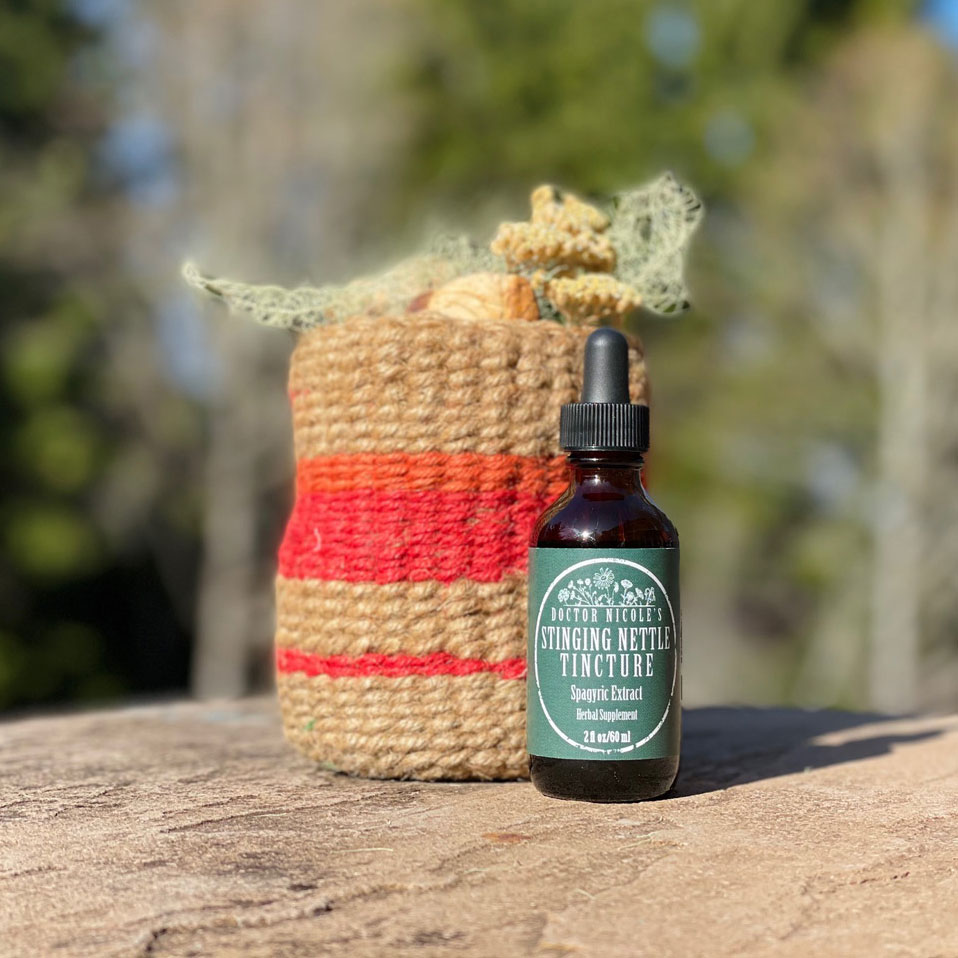Investigating Everyday Solutions to Obesity
With obesity affecting around 650 million adults around the world, and taking into account the associated uptick of chronic disease associated with the condition such as cancer, diabetes, and more, many are seeking everyday solutions for weight gain.3 And while traditional diet advice generally acknowledges that eating late into the evening can encourage fat storage, it wasn’t until recently that this idea has been put to the test to discover the underlying mechanisms at work. Here is what the researchers found.

Weight Gain and Meal Timing
A new study from Brigham and Women’s hospital investigated three aspects of obesity risk: the number of calories burned, caloric intake, and changes in fat tissues. The researchers conducted a randomized, controlled crossover trial and established that when we eat plays a major role in energy expenditure, appetite, and pathways within fat tissue. A controlled nutrient diet using weighed foods was provided throughout the study. While previous research has shown eating late increases obesity risk, the team wanted to know why.1
As it turns out, eating just four hours later into the evening creates a significant impact on hunger levels, how the body burns calories after eating, and the manner in which we store fat. What’s more, late eating doubled the odds of increased appetite and cravings for starchy and salty foods, along with dairy. It also decreased core body temperature for 24 hours, thereby reducing overall energy expenditure. Additionally, several genes responsible for lipid breakdown were downregulated, which resulted in increased lipid storage. Importantly, late eating decreases 24-hour serum leptin levels, which regulates appetite and fat storage.
“This study shows the impact of late versus early eating. Here, we isolated these effects by controlling for confounding variables like caloric intake, physical activity, sleep, and light exposure, but in real life, many of these factors may themselves be influenced by meal timing,” said senior author Frank A. J. L. Scheer, PhD, Director of the Medical Chronobiology Program in the Brigham’s Division of Sleep and Circadian Disorders.2
Additional Causes of Weight Gain and Obesity
While this research is fascinating and thought-provoking, it is important to address any underlying health conditions that may be promoting weight gain or obesity. These include:
- Autoimmunity
- Candida overgrowth
- Heavy metal, chemical, or environmental toxicity
- Thyroid disease
- Leaky gut syndrome
- Hormonal imbalance
- Hypothalamic-pituitary-adrenal (HPA axis) dysfunction (otherwise known as “Adrenal Fatigue”)
To learn more about these conditions have a look at this post. Cold therapy and intermittent fasting may also be helpful for not only shedding excess weight, but for boosting immunity as well.

Herbal Solutions
If you are diagnosed with an autoimmune disease, here is the healing protocol I use everyday to manage my multiple sclerosis and has reportedly helped other autoimmune disorders as well.
Several herbs are helpful for healing a leaky gut. These include reishi, turkey tail, and lion’s mane, along with plantain, slippery elm, and marshmallow. Each of these botanicals is found in my easy-to-use Balanced Gut Blend Tincture.
For hormonal imbalances and HPA axis dysfunction, adaptogens and stress-relieving herbs are crucial for healing and bringing the body back into equilibrium. My favorite four are reishi, cordyceps, and lion’s mane mushrooms, as well as ashwagandha. Lemon balm is an outstanding stress-reducing herb and provides a wonderful dose of calm in an uncertain world. Managing stress to reduce fat-storing cortisol production, dietary interventions, and associating with those who have a positive attitude is key for healing.
If you are struggling with candida overgrowth, turkey tail mushroom, usnea, and lemon balm are outstanding for supporting a balanced gut microbiome.
Environmental toxicity is a serious issue for many in our modern age. Heavy metals, chemicals, and other toxins often make their way into our food and water supply. Many times our liver becomes sluggish and overburdened from the sheer amount of toxins we are exposed to on any given day. When this important detoxifying organ isn’t working properly, we begin to gain weight and jeopardize our overall health. Top liver detoxifying herbs include: dandelion, greater burdock, lemon balm, milk thistle, and stinging nettle.
Learn more about these and many other helpful herbal medicines by visiting the apothecary today!
Nicole Apelian
Nicole’s Apothecary Products in this Post
References
- Vujović, N., Piron, M. J., Qian, J., Chellappa, S. L., Nedeltcheva, A., Barr, D., Heng, S. W., Kerlin, K., Srivastav, S., Wang, W., Shoji, B., Garaulet, M., Brady, M. J., & Scheer, F. (2022). Late isocaloric eating increases hunger, decreases energy expenditure, and modifies metabolic pathways in adults with overweight and obesity. Cell metabolism, 34(10), 1486–1498.e7. https://www.cell.com/cell-metabolism/fulltext/S1550-4131(22)00397-7?
- Brigham and Women’s Hospital. “Eating late increases hunger, decreases calories burned, and changes fat tissue.” ScienceDaily. ScienceDaily, 4 October 2022. www.sciencedaily.com/releases/2022/10/221004121928.htm
- Haslam, D. W., & James, W. P. (2005). Obesity. Lancet (London, England), 366(9492), 1197–1209. https://doi.org/10.1016/S0140-6736(05)67483-1




